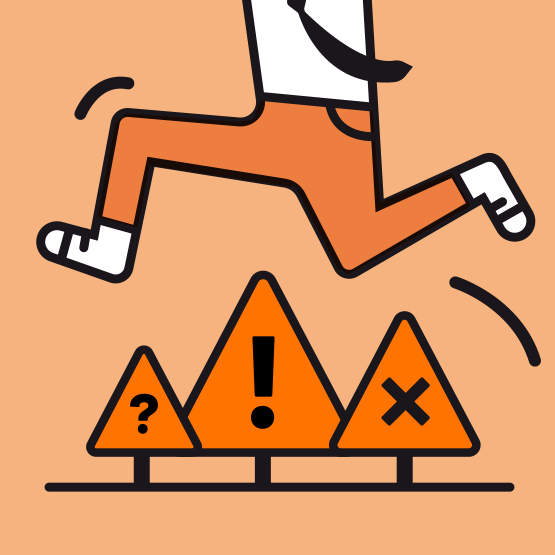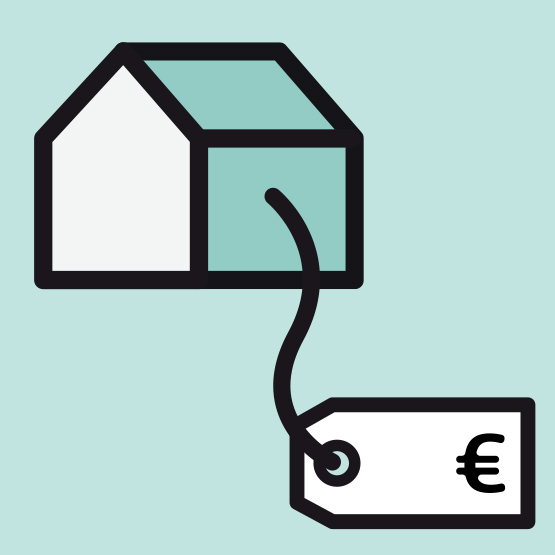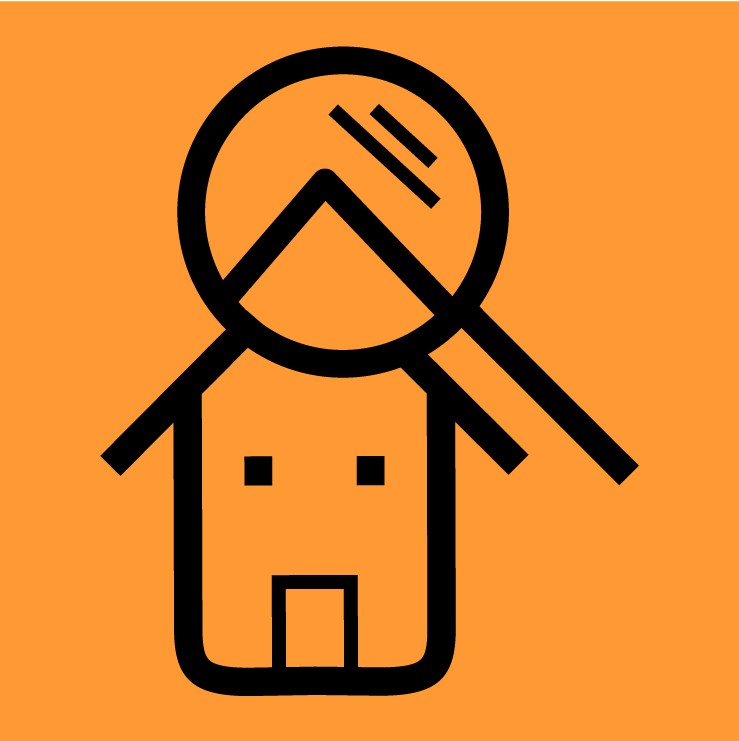We use first and third-party cookies for analytical and statistical purposes and to show you personalised advertisements based on a profile compiled from your browsing habits (e.g. pages visited). For more information, click on our Cookie Policy. You can accept all cookies by pressing 'Accept', you can reject all cookies by pressing 'Reject', or you can customize your choice by pressing 'Manage'.
MISTAKES YOU SHOULD AVOID WHEN BUYING A HOUSE
Tips to remember if you are buying your first home.
How many houses do we buy in our lifetime? Hopefully just one. Therefore, having experience in something like buying a home is not very common. After many years of helping people like you who have decided to buy their first home, we have compiled a list of common mistakes that can be avoided if you are aware of them in advance.
- Be patient: there are lots of things to consider.
- We will help you make one of the biggest decisions of your life.
- You will make the right decision if you think it through.
- It's normal to have doubts. Don't worry!

15 mistakes you should not make when buying a home.

-
Not bearing in mind that the mortgage payment should not exceed 30% of your income. Make a realistic budget so you know what house you can afford. Think about the present and the future and don't stray too far outside your comfort zone.
-
Not having enough savings. It is essential you have enough for the deposit. This would be at least 20% of the price of the house, the part that the mortgage does not usually cover, in addition to related expenses (approximately an additional 10% of the value of the house).
-
Ignore the ITE. It is important to know the result of the last ITE to assess the condition of the property, structure, facade or possible outlays. This way you will avoid unpleasant surprises.
-
Having little financial literacy. Buying a home will be perhaps the most important and longest investment of your life and requires some experience. Being well advised, if you do not have the basic knowledge, is key to making the right decisions.
-
Get carried away by the price. It's a bargain! Yes, the price is very important, but so is the size of the house, the characteristics of the area and the surroundings. You will have more success if everything fits together like a puzzle.
-
Forget about household expenses. People often don't think about what it will cost each month to pay for electricity, gas or the community charge, or even for small renovations or furniture that may be needed. The typical “we'll think about that later”.
-
And forgetting about what owning a house actually costs. Another classic oversight. For example, taxes like the IBI (property tax) can require a large annual outlay, depending on the area or the size of your house.
-
Ignoring what exactly each type of mortgage entails. For example, with a variable-rate mortgage your payments will be exposed to fluctuations in the Euribor, a fixed-rate mortgage will give you security but means you will be committed to always paying the same until the end, or applying for a longer-term loan will make the monthly payments easier but you will end up paying more overall.
-
Thinking that a bank guarantee is just a procedure. In reality it is so much more because you involving a family member, or other people, in any problems that may arise, which at the moment you can't even imagine.
-
Choose without comparing. Getting carried away by an impulse is fine, but it is better if you first compare the price of the house with other similar houses. It is also good to know what the market is like and learn a little about its possible trend.
-
Accepting the price without negotiating. Not many people are experienced in or comfortable with negotiating. It is not like haggling at a flea market, but you do need to make an effort to do your research and get an idea of the average house price in the area.
-
Think about it, rethink and miss out. This is one of the most common mistakes. Doubts or lack of confidence can make you miss opportunities. Thinking before making an offer or signing a deposit contract is essential, but the only thing that will happen by going over it again and again is that you will miss out.
-
Not knowing whose house it really is. Beware of homes that are inherited or have multiple owners. This normally slows down the process quite significantly. The nota simple will show you who owns the house so that you can take this into account when planning.
-
Choosing a type of mortgage without being informed. There are different types of mortgage because not all of us need or want the same thing. Find the one that suits you best: a fixed-rate, variable-rate or mixed mortgage. If you use the mortgage comparator you will be able to see them all together and choose the one that best fits you. You will see it clearly!
-
Buy to rent and forget about taxes. If you invest in buying a home to rent it, remember that you must pay some taxes, declare the rent payment and all the taxation that this entails. Keep it in mind and deduct these expenses.
Request a personalised offer, in just one minute and with no commitment.

An overview of your financial and real estate assets from your global position.
A free service, exclusive to Bankinter customers, that will allow you to assess your personal and family assets and organise them alongside the rest of your finances, so that you can see everything you have at a glance.
- You will be able to assess, compare and analyse the properties you choose.
- You can estimate the price if you decide to rent or liquidity if you decide to sell.
- Graphs with estimates and forecasts according to the characteristics of the house and the area.
